This week, we’re turning our attention to Christianity in Japan after the “Christian Century.” Despite its status as a minority religion in Japan, Christianity has had a major historical impact on the country. How did this happen? We’ll start this week by looking at the Christian persecutions which destroyed the communities built by European missionaries in the 1500s.
Sources
Hagemann, Edward. “The Persecution of the Christians in Japan in the Middle of the Seventeenth Century.” Pacific Historical Review 11, No 2 (June, 1942).
Hesselink, Reinier. “A Letter from Jail: Christian Culture in Seventeenth-Century Nagasaki.” Journal of World Christianity 7, No 2( 2017).
Anesaki, Masaharu and Kazuhiko Takamuro. “The ‘Kori Debacle’, the Last Stage of the Persecution of Kirishitans in Omura.” Available here.
Some NPR coverage on Hidden Christians in Japan today.
If you have access to Kanopy (most universities and public libraries do; check with yours!) you can watch the entirety of Otaiya: Japan’s Hidden Christians here.
Images
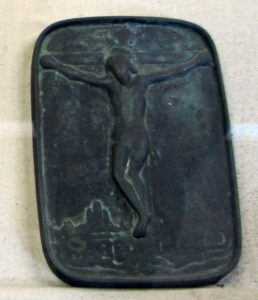
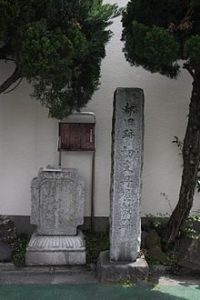
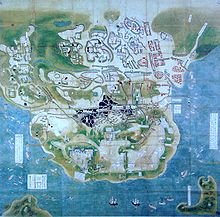
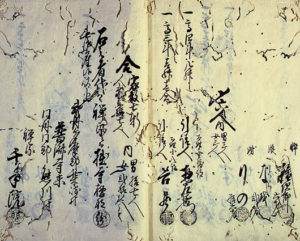
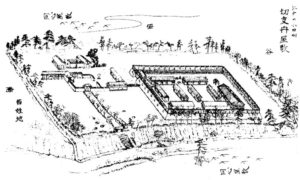
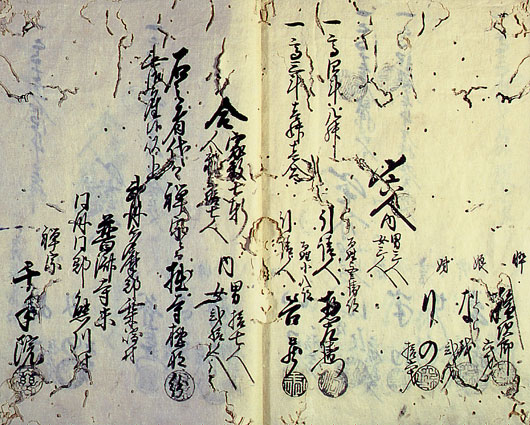
I see those seals and it makes me wonder how the heads of households would have an inkan, considering they were likely illiterate and didn’t have a last name. I read that most Japanese didn’t have surnames until the Meiji Period.
Both the points you’ve stated are false rumors. Japan has had surnames since ancient times and literacy was actually widespread in the Edo period.
Literacy was widespread, yes, especially compared to Europe. But it was not universal. And I thought surnames were more common among the elite rather than the peasantry.
My previous comment went a little too far. (Must have had some serious quarantine cabin fever that day.) I meant to say that the idea that the idea of a mass surname handout in the Meiji period, which many Japanese people also believe, is incorrect, because in the Edo period there was a “danka” system which also generally tied people to surnames. You’re right to say that the concept of an exclusive family name was more commonly found among elites in the Edo period, but there are a bunch of complex ways that people became associated with surnames; the Japanese Wikipedia article on 名字 has some details.